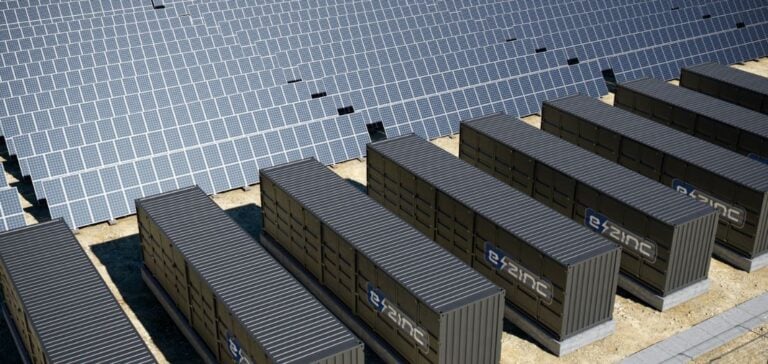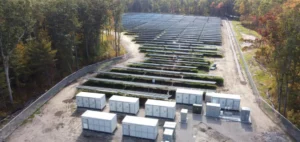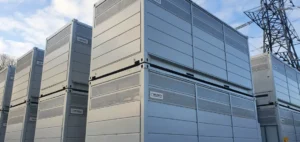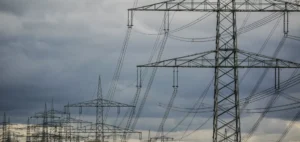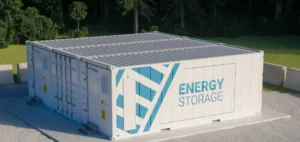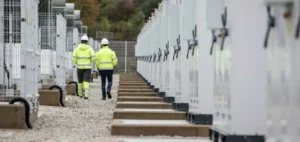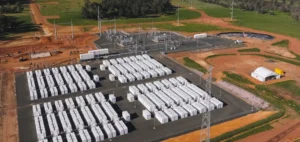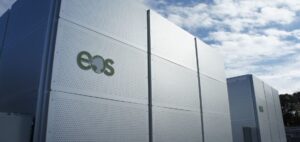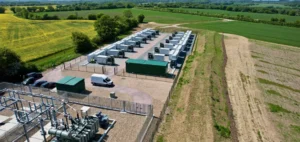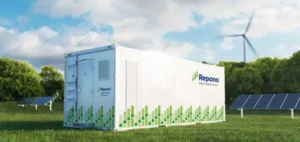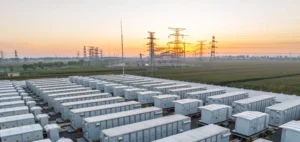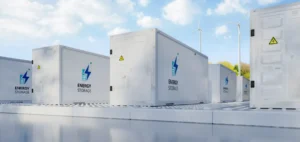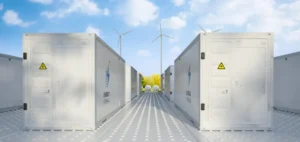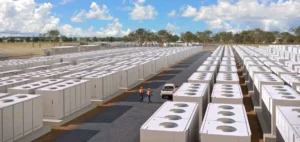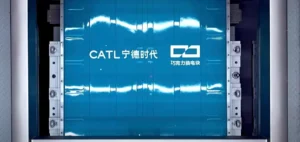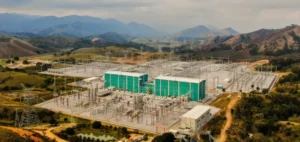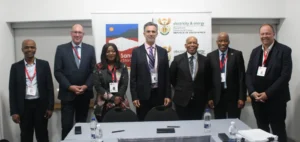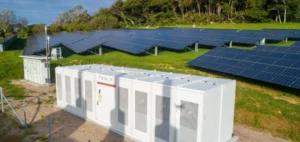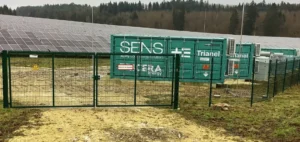Toronto-based e-Zinc has raised USD 31 million in a Series A2 financing round, led by Evok Innovations and backed by Mitsubishi Heavy Industries, Export Development Canada (EDC) and Ultratech Capital Partners. Existing investors, including Toyota Ventures, Eni Next, Anzu Partners, BDC and Graphite Ventures, also participated.
Financing objectives
This financing will enable e-Zinc to finalize its 42,000 sq. ft. pilot facility in Mississauga, Ontario, and launch commercial pilot projects. The company is focusing on the development and marketing of its zinc-air batteries, known for their lower cost and greater safety than conventional solutions. This project is part of Ontario’s strategy to invest in low-carbon generation.
Strategic partnerships
e-Zinc collaborates with Toyota Tsusho Canada Inc. and the California Energy Commission to validate its commercial-scale storage systems. These projects will demonstrate the ability of zinc-air batteries to deliver reliable energy over extended periods, some 10 times longer than conventional batteries.
Competitive advantages
With this financing, e-Zinc aims to move into a production phase and focus on operational excellence. Pilot demonstrations and validation of manufacturing processes will prove the competitive advantages of this energy storage technology. Jane Kearns, Partner at Evok Innovations, points out that e-Zinc’s ability to extend durations at low cost sets it apart from its competitors, making it an attractive solution for a variety of applications.
Expansion of the management team
To support this growth phase, e-Zinc has strengthened its management team with industry experts: Rhonda Landers (CFO), Zakiul Kabir (CTO), Rob Howard (COO) and Balakrishnan Iyer (Sales Director). Their experience is crucial to developing and scaling company operations.
Market outlook
The investment in e-Zinc reflects the growing interest in low-cost, long-term energy storage solutions. This financing positions the company to play a key role in the sector, offering competitive and reliable storage solutions.

